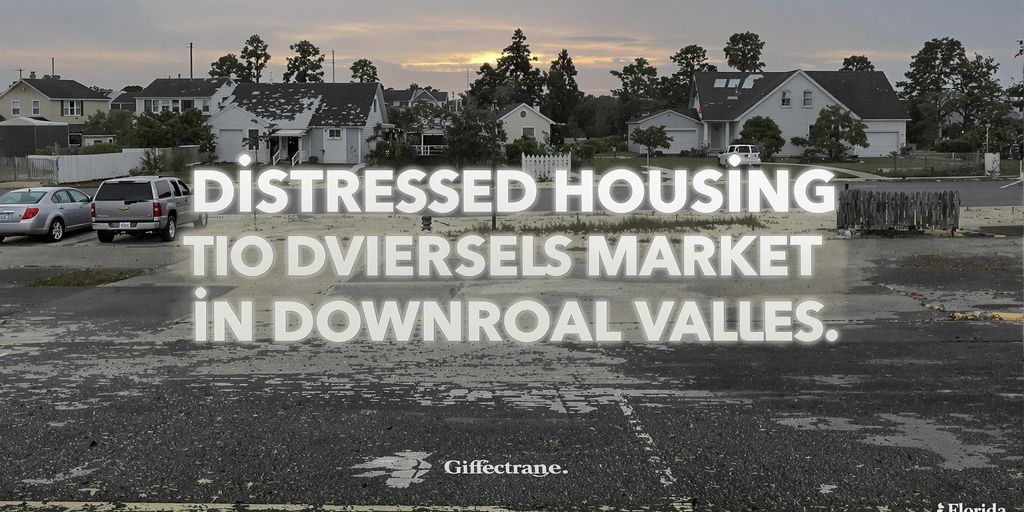Florida’s Housing Market Faces Potential Downturn in 2025
The Florida housing market is showing signs of strain, with several key indicators pointing towards potential price declines and even crashes in various cities by 2025 and early 2026. Factors such as escalating insurance costs, affordability challenges, and the lingering effects of climate change are contributing to a cooling market, prompting experts to advise caution for buyers and sellers alike.
Key Takeaways
- Several Florida housing markets, including Winter Haven and Tampa, are flagged for a high risk of significant price declines.
- Skyrocketing insurance premiums, driven by increased hurricane risk and litigation, are making homeownership increasingly unaffordable.
- Climate change impacts, such as more frequent and intense storms, are exacerbating the insurance crisis and affecting property values.
- New regulations for condominiums, stemming from the Surfside collapse, are leading to substantial special assessments and higher HOA fees, creating financial distress for many owners.
- While national home prices are expected to see modest growth, specific Florida markets that experienced rapid appreciation may face corrections.
The Affordability Squeeze Intensifies
Florida’s housing market, once a beacon of affordability, is now grappling with a severe affordability crisis. Home prices, while potentially cooling in some areas, remain significantly higher than pre-pandemic levels. This surge, coupled with rising interest rates, has made it increasingly difficult for middle-class families and first-time buyers to enter the market. Wages have not kept pace with these escalating costs, creating a significant gap.
Insurance Nightmare Fuels Market Instability
Property insurance costs in Florida have become a major burden, with premiums doubling, tripling, or even quadrupling in recent years. This dramatic increase is attributed to a combination of factors, including a higher frequency of intense hurricanes, a history of extensive litigation within the state, and rising reinsurance costs for insurance companies. For many homeowners, these soaring insurance bills are becoming untenable, forcing some to consider selling their properties.
Climate Change and Its Impact on Real Estate
Climate change is increasingly recognized as a significant factor influencing Florida’s real estate market. Warmer ocean temperatures fuel more powerful hurricanes, leading to greater storm surges and record rainfall. This heightened risk translates into higher insurance premiums and potential property damage, making Florida a more challenging and expensive place to own property. Cities like Miami Beach are particularly vulnerable to rising sea levels and increased hurricane activity, posing long-term risks to property values.
Condo Market Under Pressure
The condominium market faces a unique set of challenges following the tragic collapse of Champlain Towers South. New state legislation mandates rigorous
Sources
- Tax Relief Proposed as Florida Housing Market Faces Deepening Crisis, Norada Real Estate Investments.
- Climate Change Is Causing The Florida Real Estate Market To Tumble, CleanTechnica.
- 5 Worst Florida Cities To Buy Property in the Next 5 Years, According to Real Estate Agents, Yahoo Finance.
- 2 Florida Housing Markets Flagged for a Major Price Decline Risk, Norada Real Estate Investments.
- This Florida Housing Market Bucks National Trend With Declining Prices, Norada Real Estate Investments.


